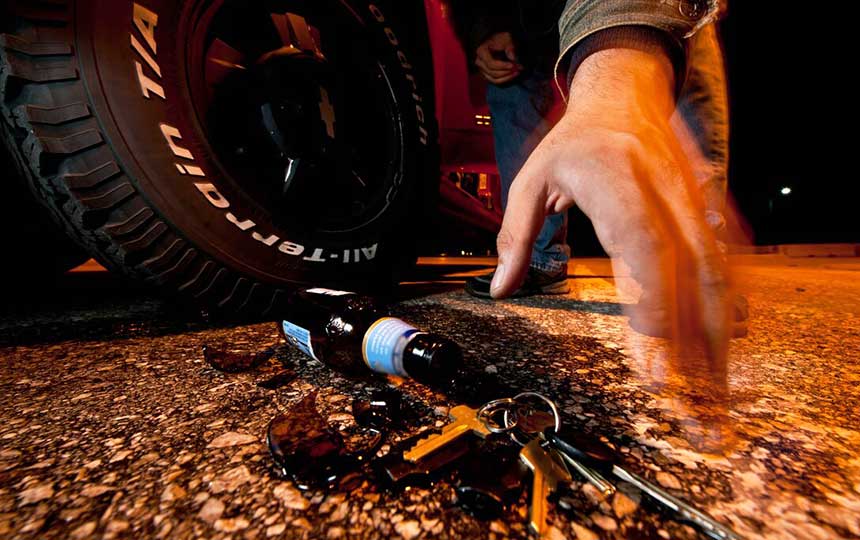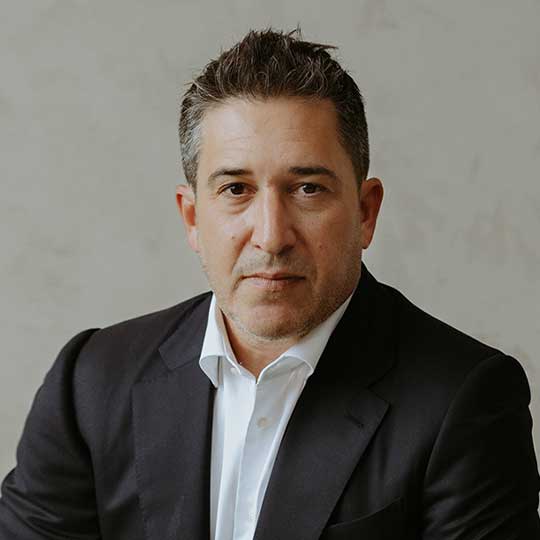Jan 31, 2018 in News Car Accident
Car Accident: Decriminalization or zero-tolerance: which can reduce impaired driving?

Car accident lawyers, law enforcement officers, and road safety advocates agree: impaired driving remains a critical safety issue in Canada. Despite drunk driving being much less common today than it was in the 1970s and 80s, Canada still topped a recent list of 19 developed nations in the percentage of road deaths that involved alcohol impairment. Now, stakeholders are debating how best to address this enduring scourge. In an article for Driving.ca, columnist Lorraine Summerfeld proposed a radical solution to end impaired driving "once and for all": impose a zero tolerance policy. Rather than adhere to complicated guidelines that allow a certain number of drinks or certain blood-alcohol level, Summerfeld suggests making it flatly illegal to drive after drinking. "We actually establish law on not whether you can drive while impaired, but how impaired you're legally allowed to be. Scrap that," she writes. "If you're behind the wheel, you have to be clean." Summerfeld's approach is sure to win fans, including some car accident lawyers, but prominent advocacy groups like Mothers Against Drunk Driving (MADD) Canada are championing a very different option.
On January 5, the CBC reported that MADD Canada CEO Andrew Murrie is "calling on the Ontario government to overhaul how it charges people caught driving drunk and to implement partial decriminalization." The province would not be alone: both Saskatchewan and Alberta are moving towards decriminalization after it proved effective in British Columbia. In B.C., first time impaired drivers are given a choice between administrative sanctions and criminal charges, providing they haven't caused injuries or damage to property. Road deaths have fallen significantly since the province enacted the policy in 2010. "The focus of that program is solely on things that might rehab and reduce recidivism, where the criminal code focuses more on a punishment," Murrie told the CBC. "Immediately behaviour changed [in B.C.]. People were continuing to go out and purchasing alcohol, but when it came to the actual act of driving their behaviours changed." Processing administrative sanctions is also quicker, easier, and less expensive than processing criminal charges. "I think it's a breath of fresh air in terms of re-evaluating what we've been doing about drinking and driving over the years," said Mike Harrington, a retired police officer, to CBC's Ontario Today. "We really haven't changed a whole lot, other than some procedures and penalties. A fresh look at anything like that is always work a look." If you've been injured in an automotive collision, contact the car accident lawyers at Neinstein Personal Injury Lawyers today to arrange a free, no-obligation consultation.
Imaged credit: U.S. Air Force photo by Airman 1st Class Zachary Hada/Released
Category Selector
Select a category relevant to you.
- Social Host Liability
- Tort
- Spinal Injury
- Road Safety
- Slip and Fall Claims
- Snowmobile Accident
- Product Liability
- Rail Accidents
- Recalls
- News
- Nursing Home Negligence
- Personal Injury
- Physical and Psychological Injuries
- Negligent Supervision
- Neinstein in the Community
- Medical Malpractice
- Motorcycle Accidents
- Long Term Disability
- Chronic Pain
- COVID-19
- Dog Bites Claims
- Events
- General
- Homeowner Liability
- JUUL & Vaping
- JUUL Vaping Lawsuit
- Lawyer Profile
- Legal News
- Legal Representation
- Liability
- Long-term Care
- Blogs
- Boating Accident
- Brain Injury
- Car Accident
- Accident Benefits Claims
- Auto Insurance
- Bicycle Accidents
- Water Accidents
- Wrongful Death
- In the Community
Area of Expertise
Distracted or impaired driving
Neinstein LLP helps victims who have been injured in a distracted or impaired driving accident. We carefully investigate the circumstances surrounding the distracted or impaired accident to protect your rights. We vigorously advocate in court to ensure you are compensated fully for the injuries, pain and suffering you have experienced.
More Posts Legal SupportBook A Free Consultation
We will not charge you unless your case is successful.
At Neinstein we have been advocating for injured victims for over 55 years. Our committed and compassionate team will do everything necessary to help you and your family find solutions to the new challenges that arise from serious injuries.
Our team will ensure you access the proper healthcare support to aid in your recovery. While you focus on your rehabilitation, we will thoroughly investigate your case and guide you through the litigation process so we can achieve the maximum compensation that you deserve.

